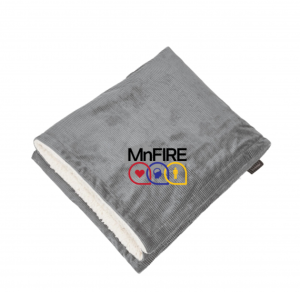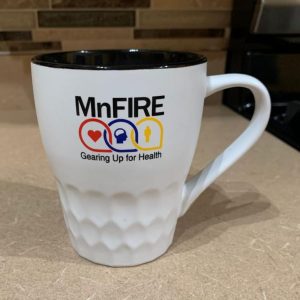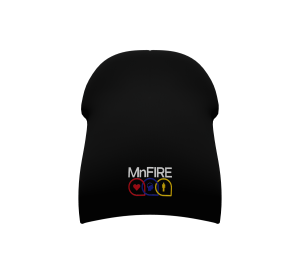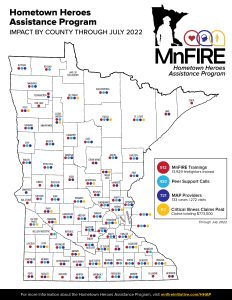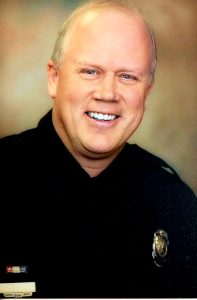Minnesota’s annual giving holiday is Thursday, Nov. 17, but you don’t have to wait to support your local firefighters! From now through Nov. 17, visit the MnFIRE GiveMN page and make a donation to help protect the health and well-being of firefighters across the state.
Firefighters continue to face alarming rates of cardiovascular disease, emotional trauma and cancer, but there is hope. We’re equipping firefighters and the people who care about them with critical resources to address this growing health crisis. Firefighter futures across the state have been forever changed because of MnFIRE and the Hometown Heroes Assistance Program, and your gift can help us keep the momentum going!
If you give $75 or more this Give to the Max, you will receive a free MnFIRE mug or hat as a thank-you gift from us. And if you give $200 or more, you will receive a free MnFIRE blanket – perfect for cozying up now that winter is here. All of us here at MnFIRE and firefighters across the state appreciate your support!
“The support, resources, encouragement and how much they care and stay engaged will be uplifting even in your darkest hours,” Captain William Ewald of the St. Bonifacius Fire Department said about MnFIRE. “It’s a tremendous and valuable resource we all need to use.”
Your gift this week will make a difference in the lives of Minnesota’s 20,000 firefighters – protecting them from cardiac, emotional trauma and cancer by ensuring they receive life-saving services such as free health and wellness trainings, critical illness benefits, mental health provider visits and more. That means happy, healthy and productive lives and careers for firefighters and their families.

